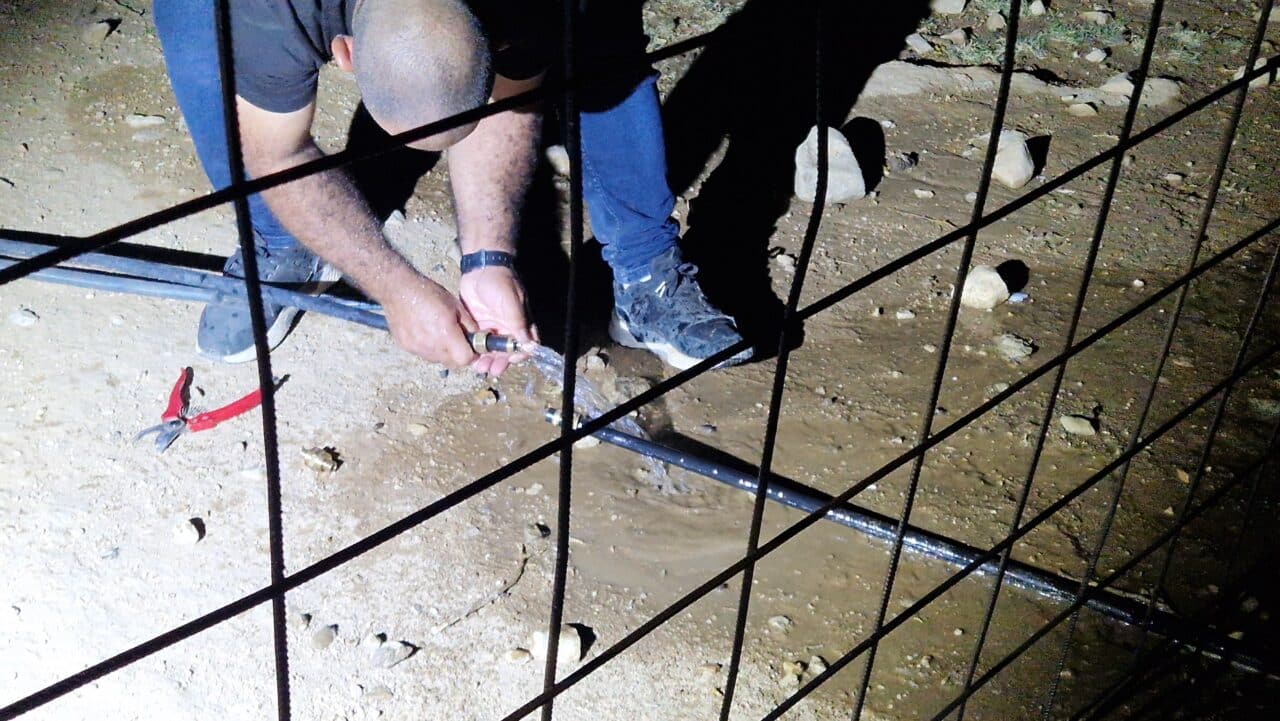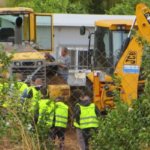Ma’an News : Israeli zoning stifles Area C village

Surrounded by settlements and the Hamra military checkpoint, officials say the past 30 years have seen the lands of the village shrink from 12 square kilometers to three, after agricultural fields were annexed for Jewish-only housing.
The only source of running water in the village is a single tap at the local school, which residents take turns using, and pump water into storage tanks beside their homes using a long rubber hose.

The dirt roads and difficult access mean limited services get to the villagers, with one resident, Ali Salama, saying that “Two pupils died last year because it took a long time to transfer them to the nearest hospital after they were stung by a scorpion. There isn’t a clinic in the village to offer first aid.”

Village mayor Khader Abu Hanish said efforts to assist the community were few and far between, explaining that appeals to have the population hooked up to the power grid went unanswered.
“We had a generator which provided power for four hours a day, and the PA used to pay part of the fuel but stopped after the bill amounted to 20,000 shekels ($5,775),” the mayor explained.
The continued hardships for the villagers, Abu Hanish said, was leading to emigration from the area, saying the population had declined from 2,000 to 1,200 during the past four years.
Zoned in Area C according to the 1993 Oslo Agreements, the village, much of the Palestinian countryside, all of the Jordan Valley excluding Jericho and lands around settlements and military posts must apply to Israel’s Civil Administration for permission to build, upgrade or change both private and public infrastructure.
Abu Hanish said requests for access to electricity, kindergartens, clinics, asphalted roads, and even a headquarters for the local council went unrealized, since the PA could do nothing, since it exercised neither civil nor military control over the area.


